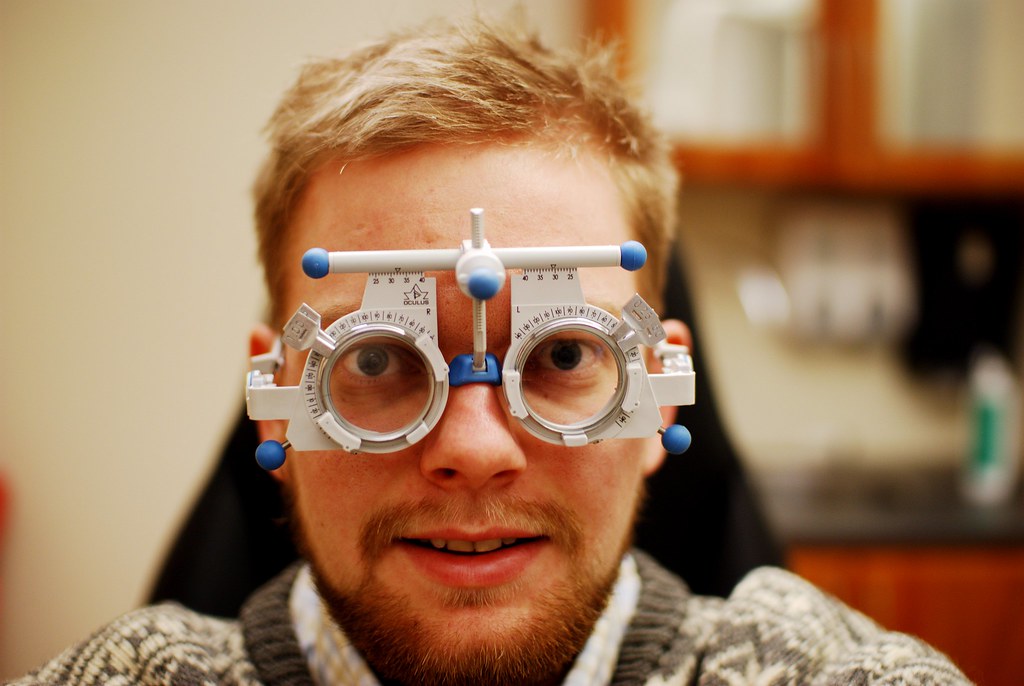Taking care of your eyes is a fundamental part of maintaining overall wellness. Regular eye exams help you adjust your prescription and make sure your eyes stay healthy, providing services such as corrections and contact lenses. Here is how often eye exams are recommended and why these visits are beneficial for your eye health:
Regular Eye Exams
Eye exams provide more than just a quick check of how well you see. They provide a comprehensive assessment of your overall eye health and general wellness. Here are some of the reasons why scheduling regular eye exams is a step toward maintaining good health:
- Early Detection of Eye Diseases: Detecting conditions such as glaucoma, macular degeneration, or cataracts early is wise. These exams help identify potential issues before they escalate into more severe problems.
- Updated Vision Prescriptions: An outdated prescription for glasses or contact lenses can lead to unnecessary headaches, blurry vision, or increased eye strain. Regular visits ensure your prescription matches your current eyesight needs.
- Uncovering General Health Conditions: Sometimes an eye exam uncovers signs of broader health issues, such as diabetes or high blood pressure. This makes eye exams an insightful part of your overall wellness routine.
- Caring for Long-Term Eye Health: Preventive care helps protect your vision over time. Consistent monitoring enables your eye doctor to recommend adjustments to your care plan, thereby enhancing your overall quality of life.
- Monitoring Vision Changes by Age: Your vision evolves as you age. Regular exams track these changes, customizing solutions, whether you’re a child, a young professional, or a senior.
Eye Exam Schedules
How often you schedule an eye exam depends on your age, lifestyle, and medical history. There are some general recommendations based on different life stages. Children should have their first eye exam at six months old. Once they start school, annual check-ups are recommended to monitor any changes related to growth or learning needs. Individuals with health conditions such as diabetes or a family history of eye diseases should undergo annual or more frequent eye exams to maintain their eye health.
Eye Exam Steps
If it has been a while since your last visit, here’s what typically happens during an eye exam:
- Testing your vision to see if you need prescription updates.
- Checking how your eyes work together to detect alignment issues.
- Examining your eye health using advanced tools to spot conditions like cataracts or retina concerns.
Most of these tests are quick and non-invasive. These tests provide results that help secure your long-term vision health. Your eye care professional will also discuss your lifestyle and any symptoms you might be experiencing to tailor recommendations to your needs. Regular eye exams are key to the early detection of potential issues, making sure you maintain clear and healthy vision.
Ask About Contact Lenses and Other Services
Creating a habit of scheduling eye exams is a small but impactful part of your self-care routine. Whether it’s your first appointment in years or an annual check-up, prioritizing your eye health is a helpful step in maintaining your health. Take action today and book your eye exam with an optometrist.
- Choosing the Right Plastic Surgeon for Your Cosmetic Procedure
- Understanding Different Types of Laser Treatments for Skin Rejuvenation
- Why a Family Dentist is Key for Maintaining Oral Health
- The Benefits of Regular Visits to a Wellness Spa
- Exploring the Emotional and Psychological Triggers of Eating Disorders


Leave a Reply